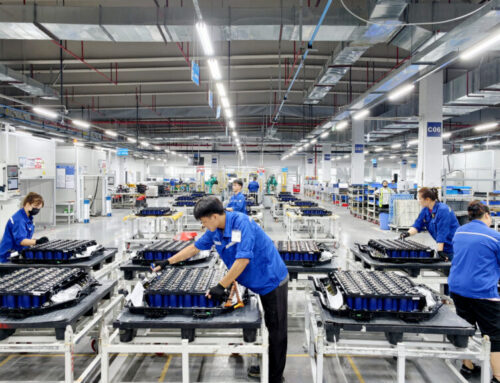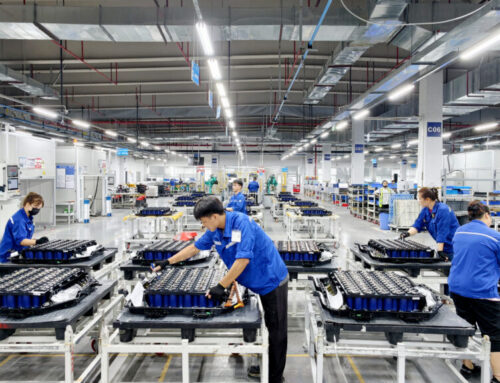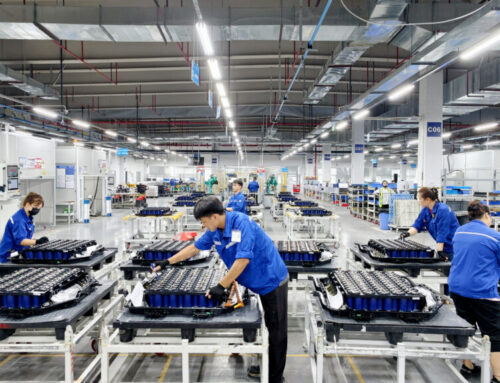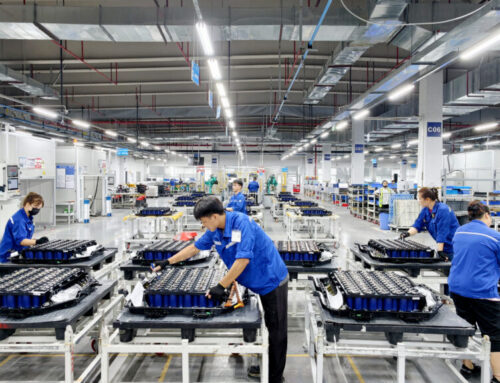‘Forever chemicals’ found in water system that serves portion of Windward Oahu
June 4, 2025
Testing revealed low levels of “forever chemicals” in the water system that supplies the St. Stephen’s Diocesan Center and surrounding buildings in Windward Oahu.
The Roman Catholic Church, Hawaii, owns the SSDC-1 Well Chlorinator of the St. Stephen’s Diocesan Center water system, where low levels of PFAS (perfluoroalkyl and polyfluoroalkyl substances) were detected.

(Map courtesy of DOH)
The Hawaii Department of Health described the detection of PFAS as “sporadic.” Specifically, tests detected the chemical Perfluoroctane Sulfonic Acid (PFOS) in three different water samples collected on July 18, 2023, April 21, 2025, and May 19, 2025. However, a test of a water sample taken on Oct. 4, 2023, did not detect PFOS. The water system informed the DOH of the initial 2023 and subsequent 2025 detections via email on May 29, 2025.

(Table courtesy of DOH)
The chemical was detected at maximum levels of 2.7 nanogram per liter, which is below the U.S. Environmental Protection Agency’s “maximum contaminant level” limit for PFOS of 4 ng/L in drinking water. MCLs are the highest levels of contaminants that are allowed in drinking water by the EPA. According to the state DOH, this means the chemicals “are unlikely to pose a public health risk.” However, residents may still be concerned about the long-term impacts of these chemicals on their health, and some property owners may choose to install in-home filtration systems.
PFAS are often referred to as ‘forever chemicals’ because they persist in the environment for hundreds of years, making them difficult to remove from water systems. These human-made substances have been used for over 60 years in products like non-stick cookware, stain-repellent carpets, water-resistant clothing, food packaging and firefighting foam. PFAS cause serious health problems and have been linked to cancer, reproductive issues and immunotoxicity.
Michelle Broder Van Dyke covers the Hawaiian Islands for Spectrum News Hawaii. Email her at michelle.brodervandyke@charter.com.
Search
RECENT PRESS RELEASES
Related Post




